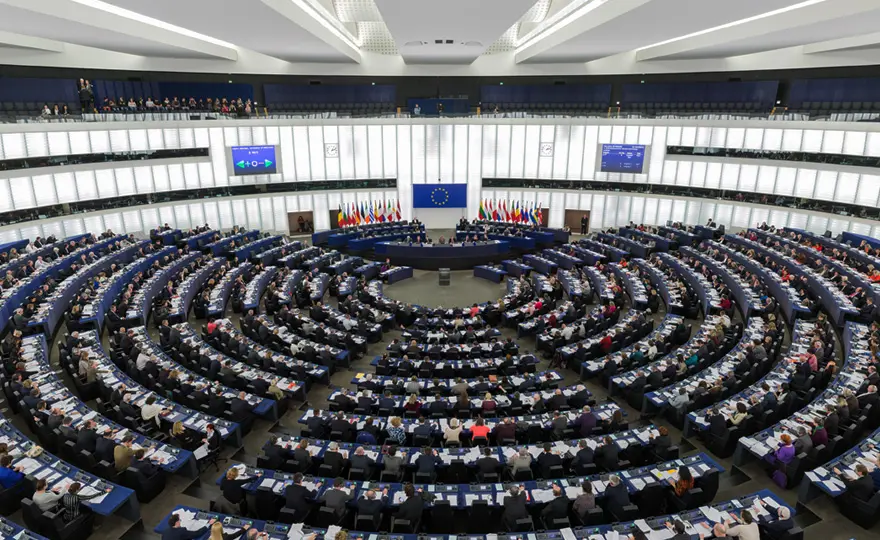ClientEarth Communications
1st December 2017


On 15 November, the European Parliament adopted Resolution 2017/2819 in response to the Commission’s Communication on an Action Plan for Nature, People and the Economy, published in April this year.
Regarding access to justice in Member States, at paragraph 14 the Parliament “[e]mphasised the role of civil society in ensuring better implementation of Union nature legislation, and the importance of the provisions of the Aarhus Convention in this regard”. Paragraph 15 then “[c]alls on the Commission to come forward with a new legislative proposal on minimum standards for access to judicial review…”
This explicit recognition that the Aarhus Convention strengthens the ability of civil society to ensure better implementation of EU nature legislation is to be welcomed. It goes further than the weak wording of the Commission’s Action Plan, which draws only a vague connection between access to justice measures and Member State compliance. It is also significant that the Parliament calls on the Commission to bring forward a legislative proposal on minimum standards of access to judicial review in Member States. It is worth recalling that the Commission’s 7th Environmental Action Programme of 2013 placed improving the implementation of EU environmental legislation as its fourth priority objective. In this regard, the Commission committed to ensure that EU citizens have “effective “effective access to justice in environmental matters and effective legal protection, in line with the Aarhus Convention…”
The Parliament’s call for a legislative proposal demonstrates that it is not convinced that the Commission’s non-legally binding guidelines on the issue go far enough to fulfil this commitment. Indeed, the barriers faced by members of the public and NGOs to challenging environmental decisions in many of the EU’s Member States show that a legally binding measure is urgently needed to allow citizens and civil society organisations to play their role in enforcing EU environmental legislation in national courts.
Regarding access to justice at EU level, paragraph 15 of the Resolution also calls on the Commission to come forward with a “revision of the Aarhus Regulation implementing the Convention as regards Union action in order to take account of the recent recommendation from the Aarhus Convention Compliance Committee”. The recommendation from the Aarhus Compliance Committee called on the EU make the necessary amendments to the Aarhus Regulation, or adopt new legislation, to remedy the numerous breaches of Articles 9(3) and (4) of the Aarhus Convention that were identified. Such breaches include the fact that members of the public cannot apply for internal review of EU decisions that breach environmental laws, and NGOs are blocked from applying for internal review of any EU measure of general application, i.e. the measures having most impact on the environment. Given the Commission’s proposal to reject the findings of the ACCC in July this year, it is significant that the Parliament is now demonstrating its commitment to implementing the recommendations, and putting pressure on the Commission to kick-start the process with a legislative proposal.
Access to Justice is a fundamental means through which citizens and NGOs can support the implementation and enforcement of laws and policies to protect the environment. The goal of this ATOJ-EARL project is to achieve “Access to Justice for a Greener Europe”. It strives to enhance access to justice in environmental matters by providing information, training and support for the judiciary, public authorities and lawyers of eight European member states. ClientEarth and Justice and Environment are implementing this project with the financial support of the European Commission’s LIFE instrument.
